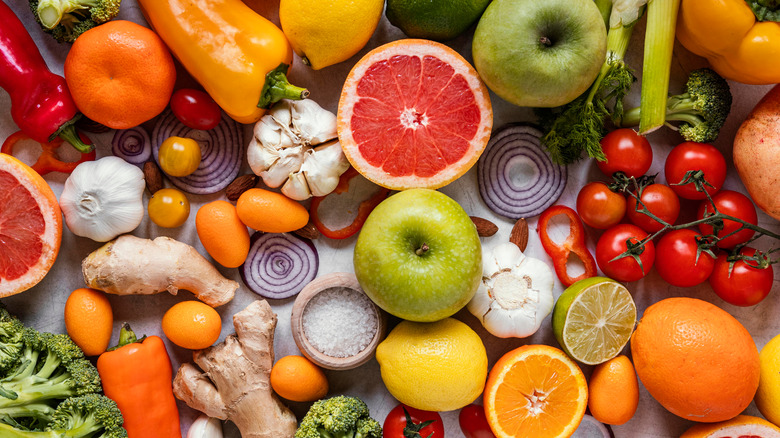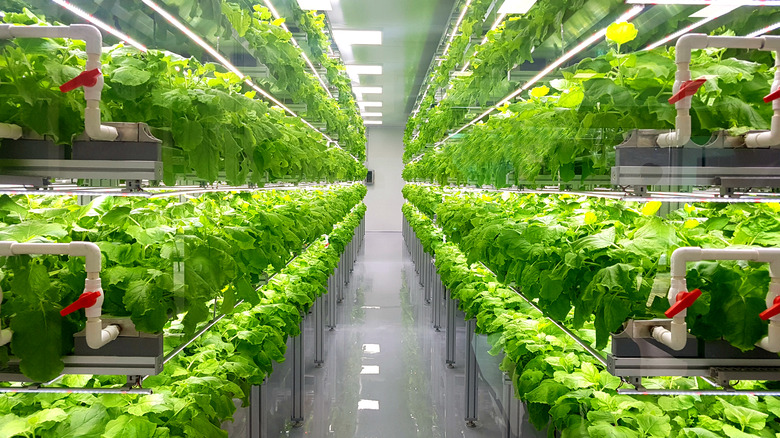The Ingenious Way Scientists Hope To Vaccinate You Through Food
The pandemic has been a rough ordeal in many ways. As the world scrambled to adjust to new challenges and unprecedented situations, one of the most important topics that got a lot of attention was immunity. According to the BBC, many sources on the internet claimed that boosting immunity could help fight coronavirus. Some suggested green tea, cayenne pepper, and food items full of antioxidants and vitamin C. Others even turned to supplements in a bid to protect their bodies against the virus.
Sadly, a lot of these claims weren't worth falling for. The science behind boosting your immunity is a lot more complicated than it seems. Thankfully, researchers came up with vaccines, offering a more robust solution for COVID-19. However, vaccines aren't the best option for everyone and can be a complicated topic. As per WFLA, scientists haven't given up and are constantly innovating and looking for alternative options. A possible solution that may be available in the future? "Medicine-filled plants." You may not need an injection, after all.
The developments look exciting
As reported by WFLA, researchers at the University of California-Riverside are working with plants to come up with a solution for COVID-19. If all goes well, these plants will have the same medication that's found in an mRNA vaccine. Basically, you can possibly eat a salad instead of getting a shot in the future.
The scientists have received $500,000 in funding from the National Science Foundation for the project. Their plans are ambitious, but not impossible. "Ideally, a single plant would produce enough mRNA to vaccinate a single person," stated Juan Pablo Giraldo, an associated professor at the University of California-Riverside. He added that they wish to find a way to make this easier for the general population. "We are testing this approach with spinach and lettuce and have long-term goals of people growing it in their own gardens," he explained.
The research hopes to show that it's possible to add DNA with the mRNA vaccines into plant cells and for the plants to produce more mRNA, ideally replacing the need for a traditional injection. Giraldo is optimistic about the research project. "I think it could have a huge impact on peoples' lives," he said.

